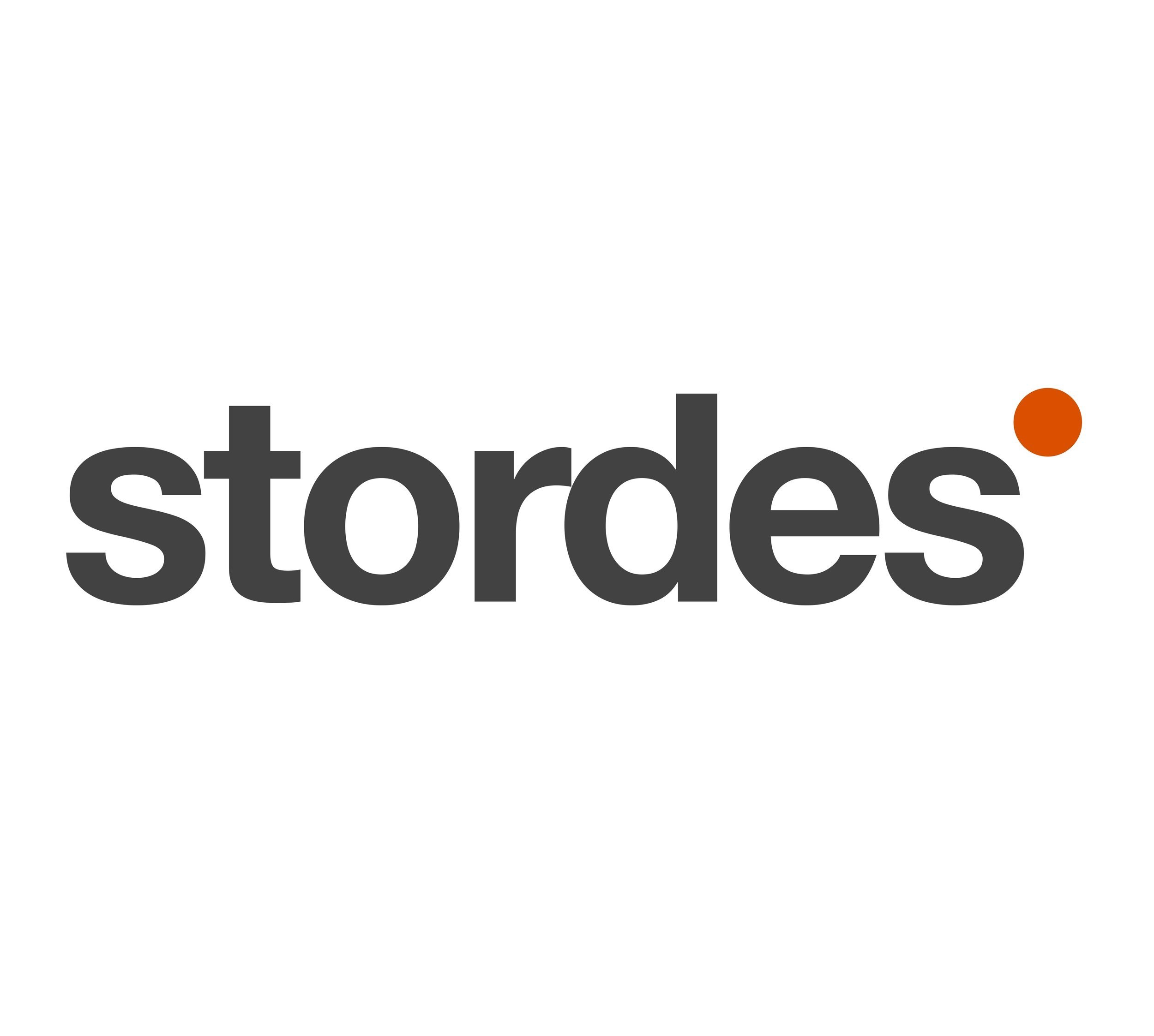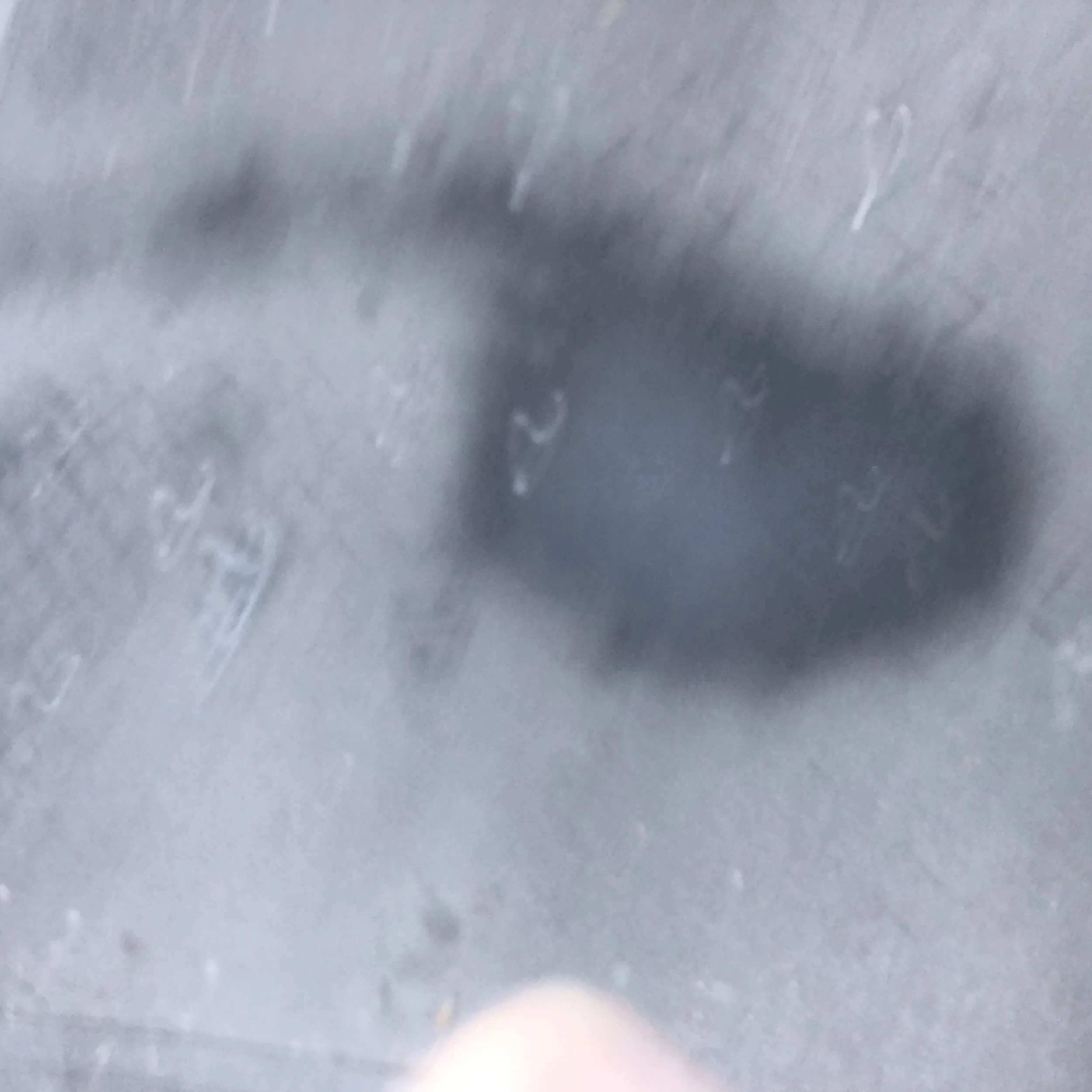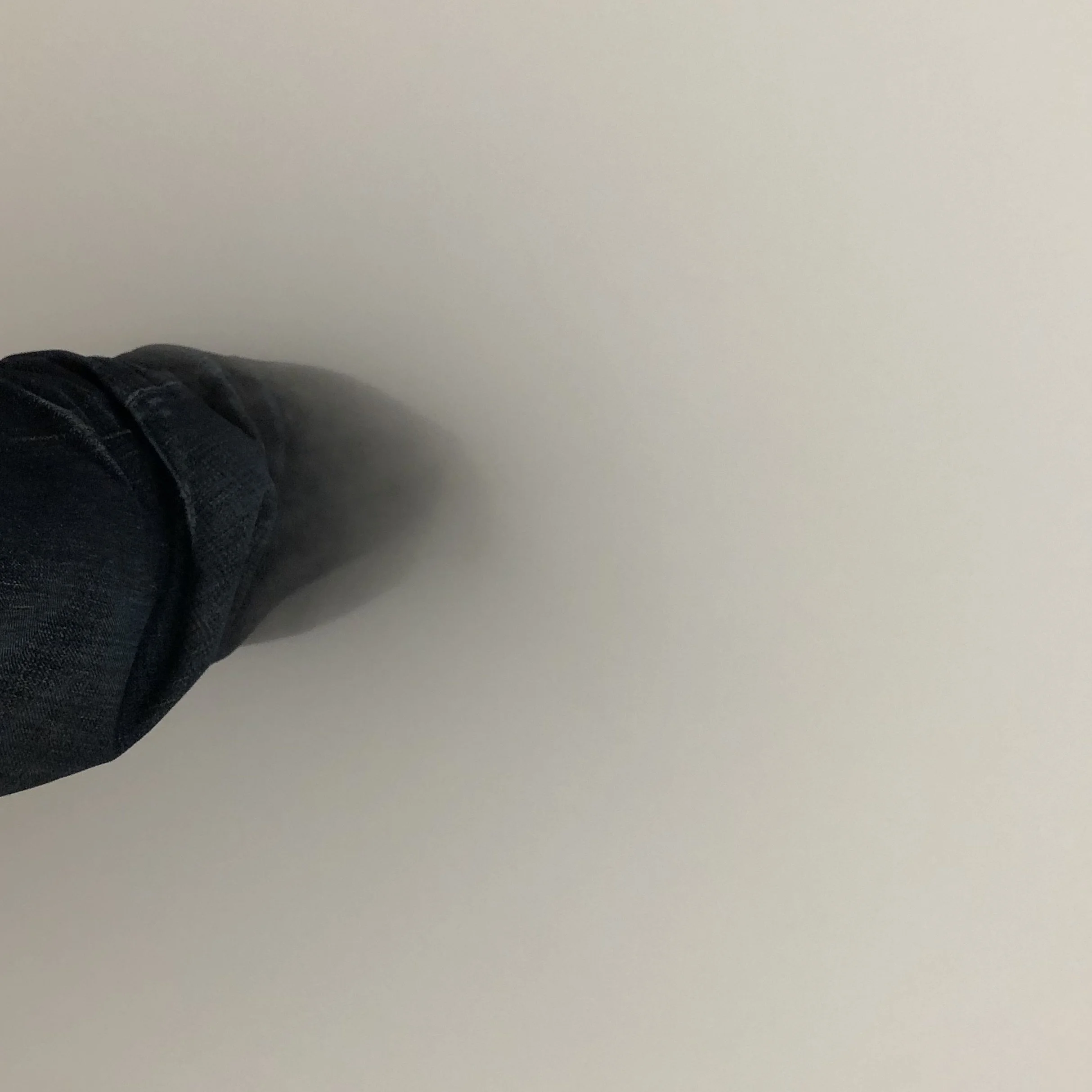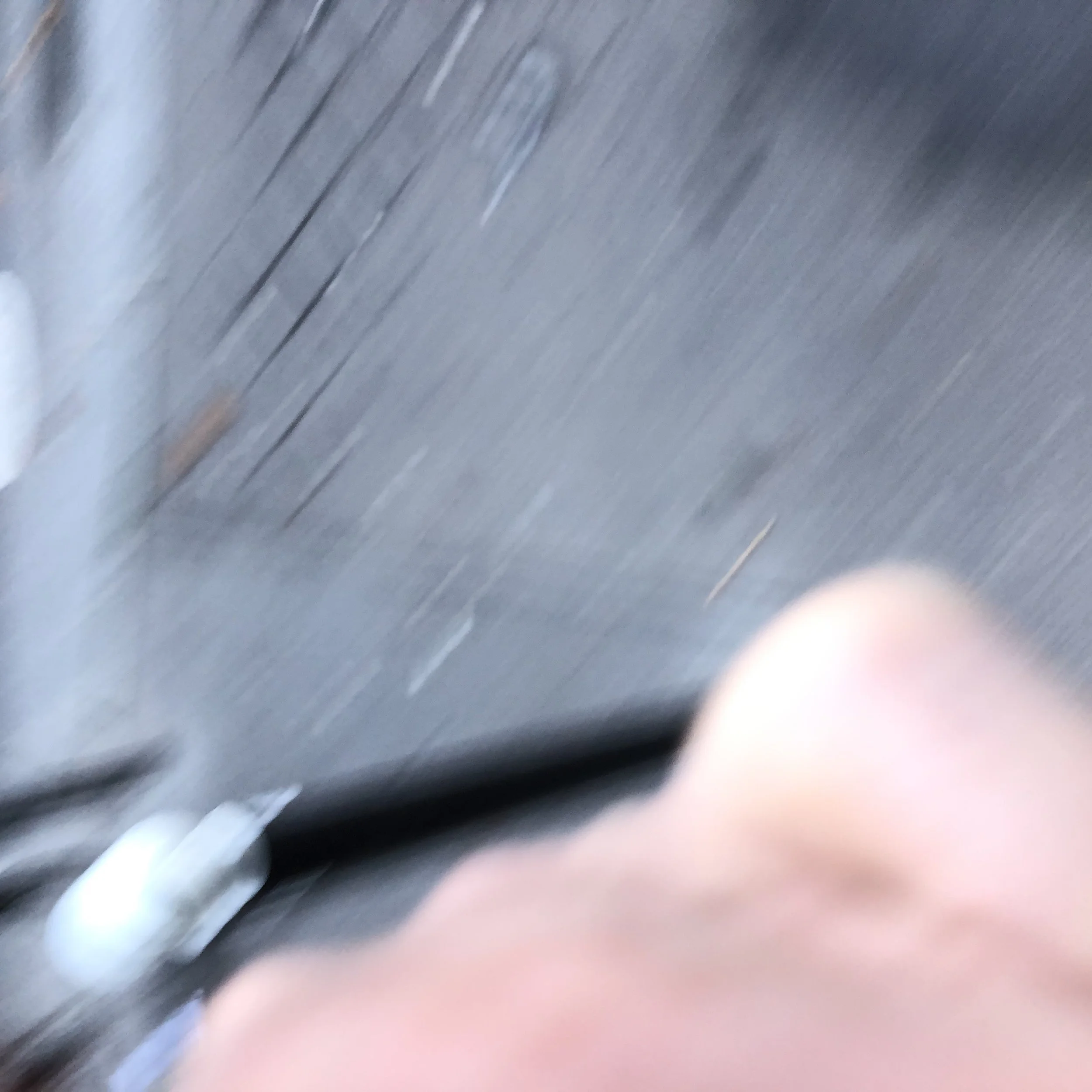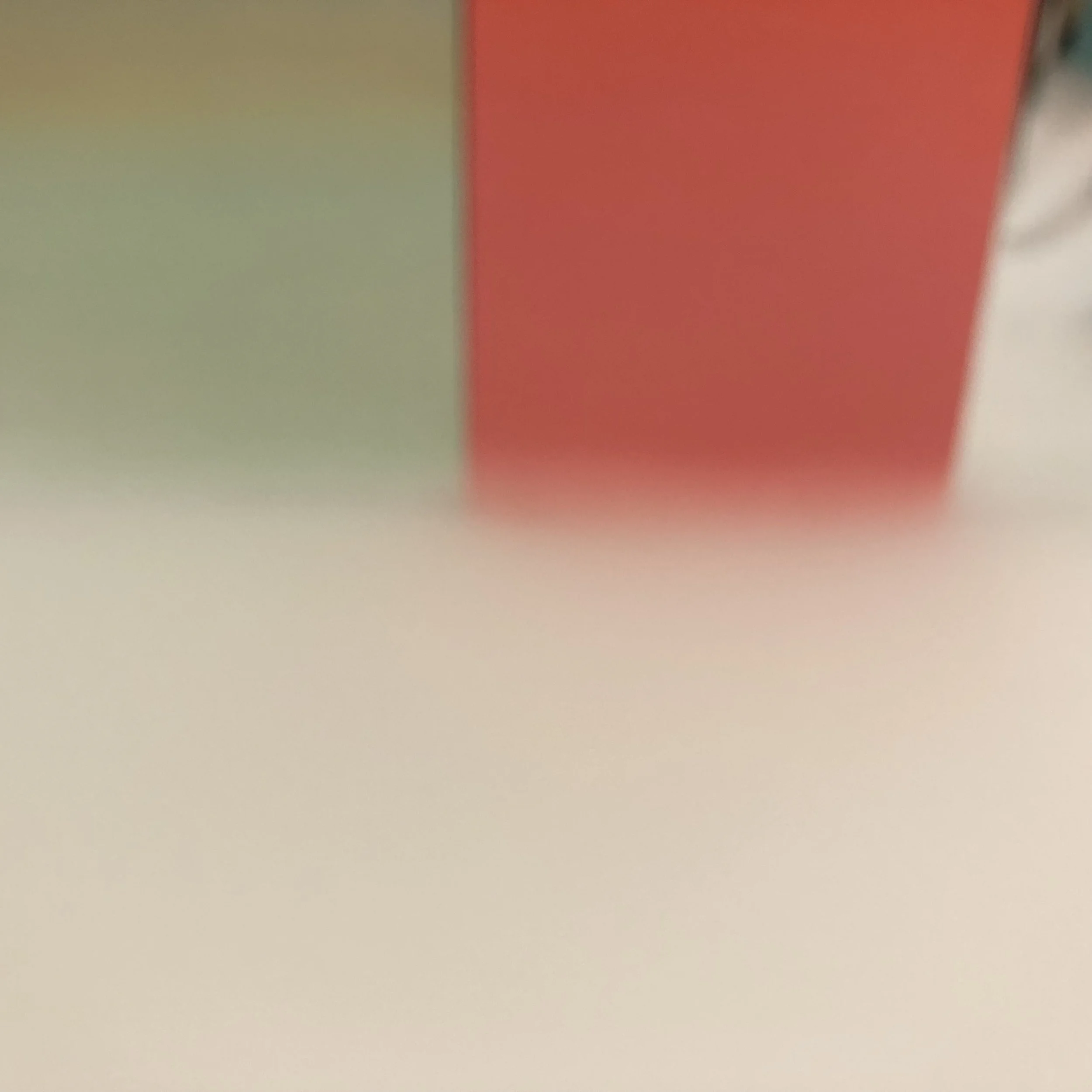update #35
organisation by organisation
during my current stay in paris i am continuing my work on the notion of the scenario of acting which was introduced in the previous update. this update shows some next steps in this work.
the short essay explains what drives the ideas behind stordes’ work on the scenario of acting and how it could help to develop organisations to become part of the banality of good.
the illustrations are more and less blurred pictures which were made by accident or were out of focus. in their abstraction they have an unexpected quality. yet this is reinforced by making these traces of being in paris part of this update. an update that is also about traces and framing them.
Every organisation is part of a social tissue which in the end makes up our society. That organisation may be a large company or a small enterprise, a public body or a non-profit entity, an association or a foundation. Our societal fabric is shaped by these organisations and by the relationships they entertain with each other and with individuals.
In all these organisations people are busy doing their work, teaching, selling, producing, caring, researching, instructing, servicing, making, interacting. It is through these formal social structures that they contribute to society. At the same time people benefit from this large human ecosystem in their daily life (shops, hospitals, schools, municipalities). Organisations are an important part of our human existence and experience.
In their acting organisations leave mental and physical traces in their environment.
These traces (products, services, experiences) carry willingly and unwillingly a meaning. In their actions organisations have the possibility to contribute to a greater good of comfort, longer life expectancy, understanding, earning a living, entertainment and mental growth.
That good is not self-evident. Organisations can also be just self serving in what they consider a zero sum game. They thrive on unbalanced relationships leading to the tragedy of damaging the social tissue of the common good and the destruction of the natural environment.
Both the good and evil are part of human nature and thus of organisations. But we have a choice, we can act.
When the philosopher Hannah Arendt wrote about the trial of the nazi criminal Adolf Eichmann in Jerusalem in 1963, she developed the thought that the holocaust was so much the results of some big evil, but more something that was caused by the multitudes of individual absences of critical reflection and attitude. She called it the banality of evil.
In looking at the society and the organisations that it consists of could there also be the possibility of the banality of good?
Organisations and its people act with an awareness of and with respect for the social and ecological tissue they are part of. With a critical mindset and a sound intention they act each in their own domain. Yet together they create through all their individual actions the banality of good (the word banality in combination with good still feels inadequate, but as a contrast with the banality of evil it may work).
We can individually choose how to act and may make a difference collectively.
This is not something that occurs by itself. We must develop and maintain our critical thinking and acting. Despite all the temptations of maintaining the status quo and all the reasoning we come up with to justify that, we can progress.
Stordes develops scenario’s of acting with its clients to develop just that. The scenario’s make clients aware of their acting and its consequences and provide the frameworks to enrich their palettes of acting.
For Stordes these scenarios of action are nothing short of being art. That is an essential distinction. They are a materialisation of the notion of art as organisation. Art is about a lot of things, but critical thinking and unorthodox creation are for sure essential attributes. Maybe art is the sine qua non of change.
Art is a deeply human activity, it defines us as humans, both as individuals and in our relationships with each other. It is an integral part of our existence. And isn’t that what organisations are too?
Organisations create the social fabric by the traces they leave. Although organisations strive to plan and think ahead, the results of their acting are defined ex-post more than ex-ante. You have to act to see the results of your intentions and only then you see unexpected good things and unwanted side effects. Sensing and knowing what one leaves behind and interpreting that in the context of our social and natural ecosystems is the base for critical judgement and allows you to adjust your actions and reframe your intentions.
The sensing and making sense of it, is the base for questioning preconceived ideas and inducing the creation of enriched scenarios of acting.
That is what the work of Stordes is about. And it may help to maintain and improve the health and beauty of our social fabric, organisation by organisation.
photo’s by hein duijnstee
